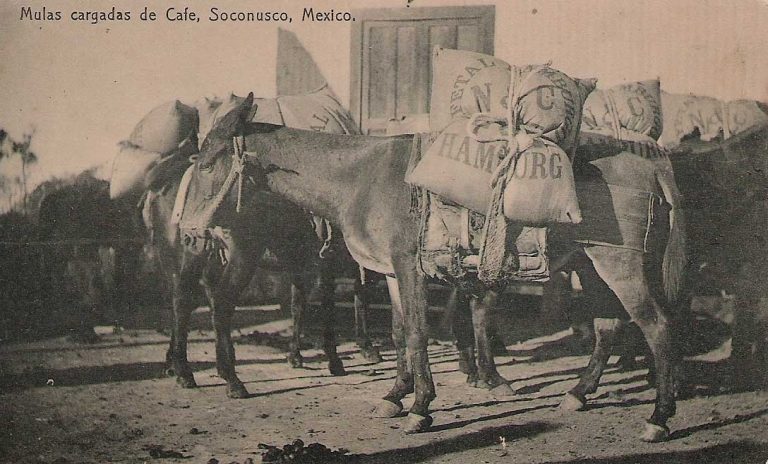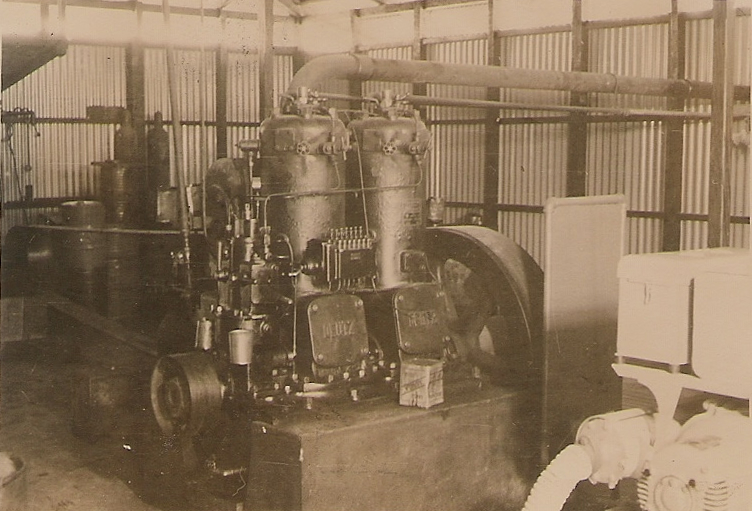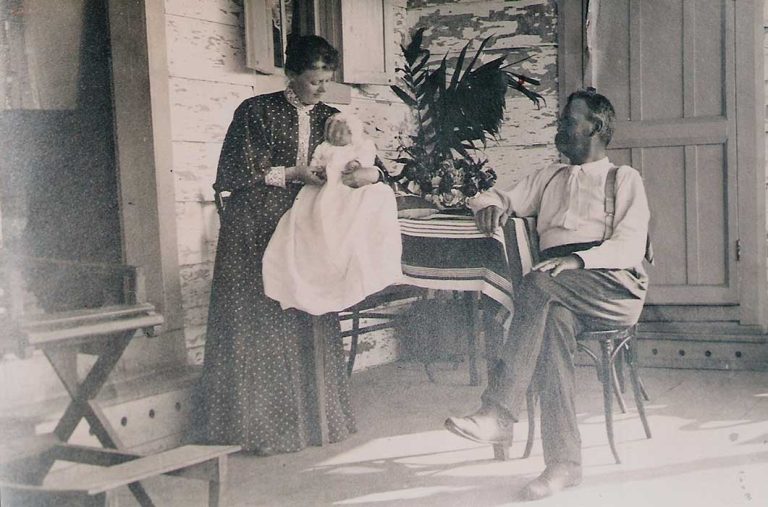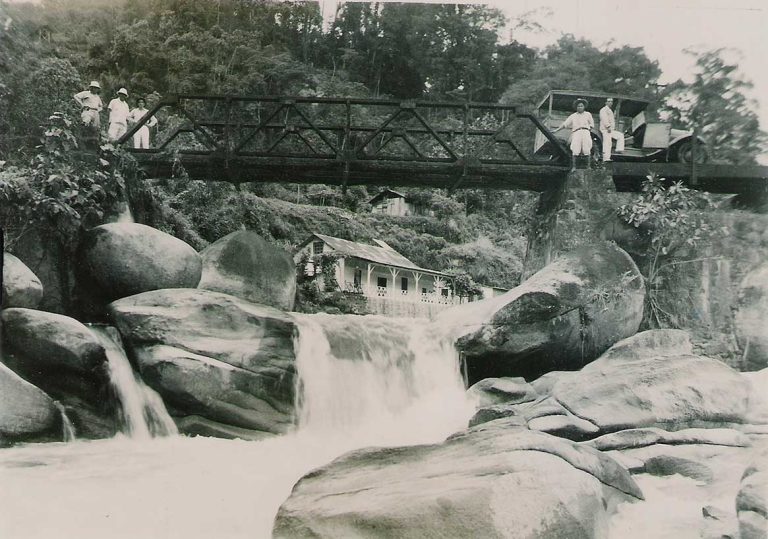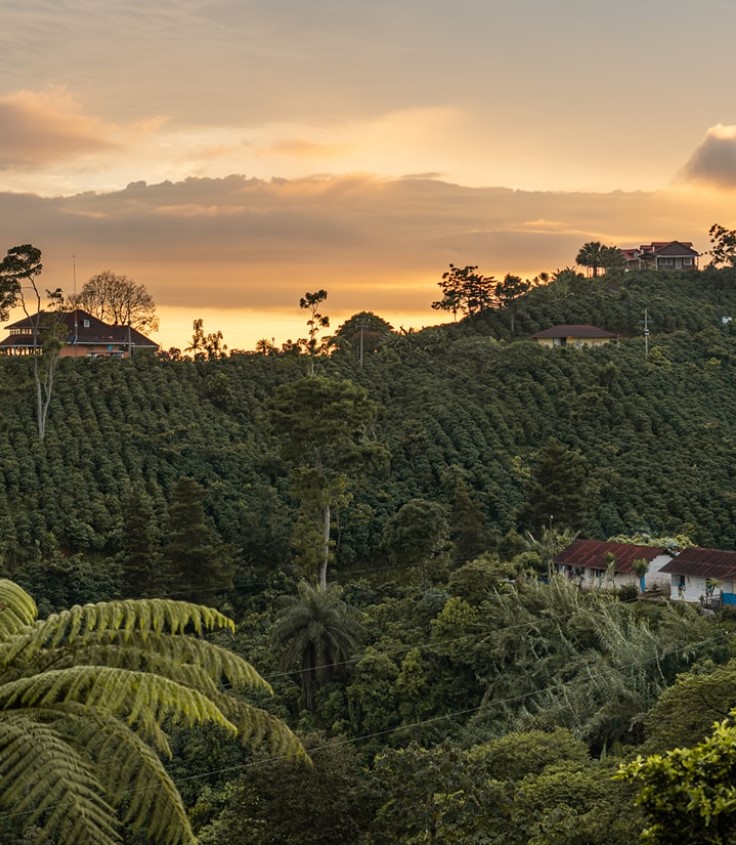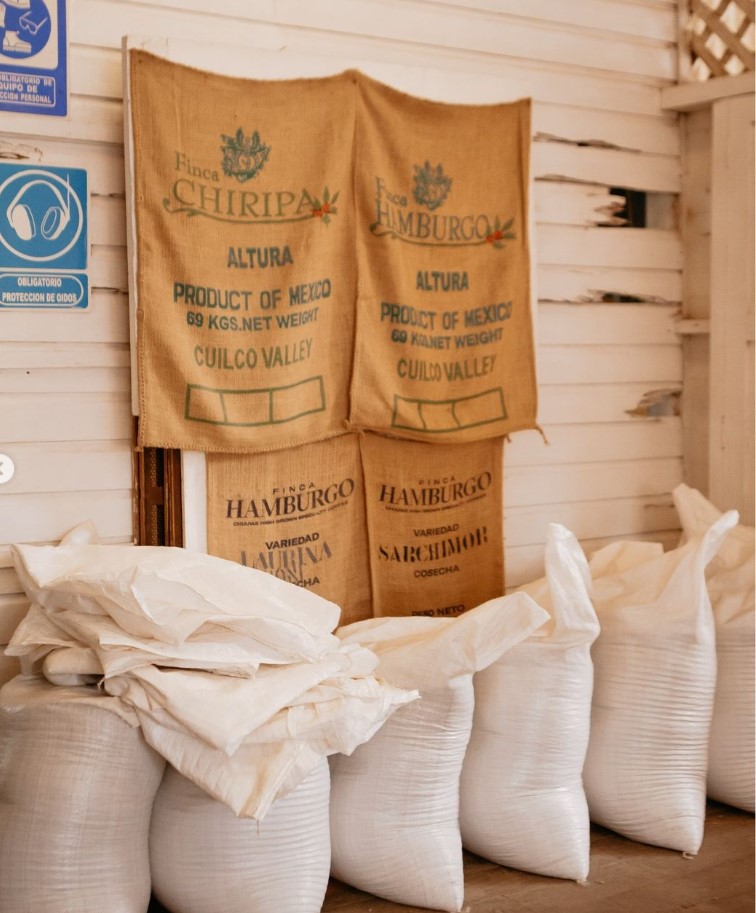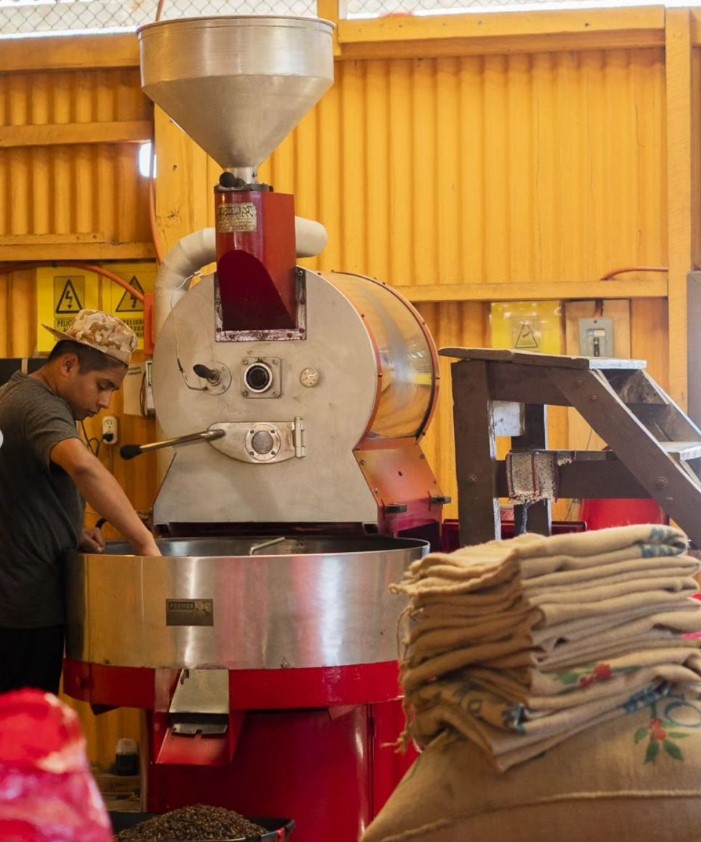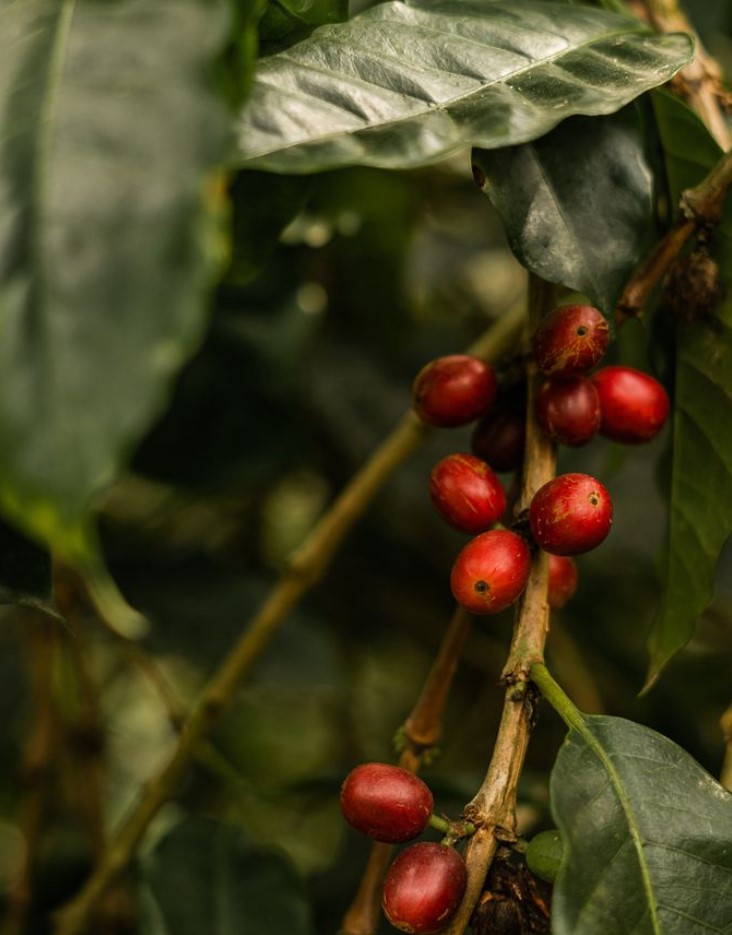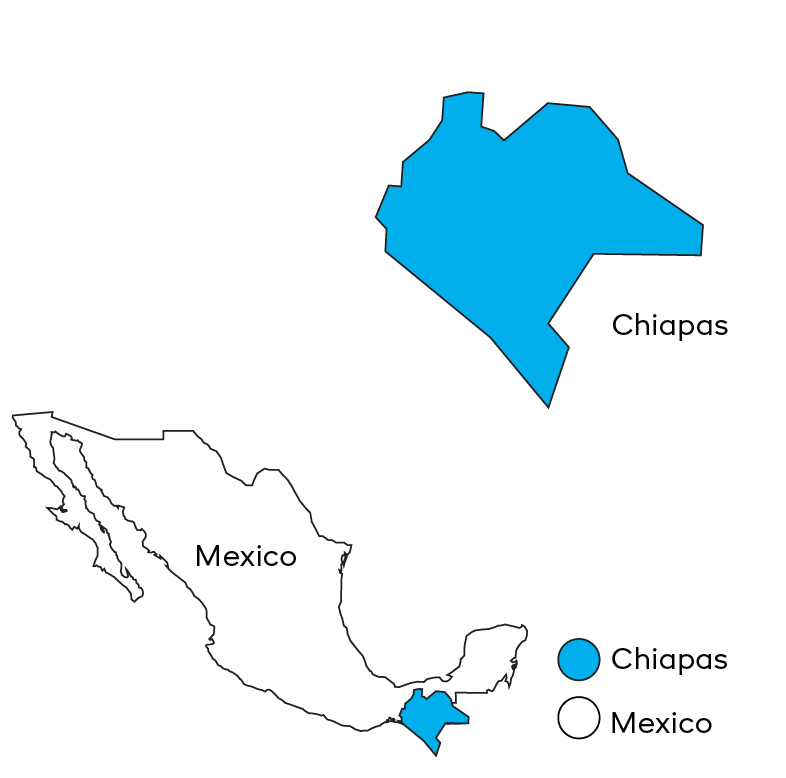Finca Hamburgo, founded in 1888 by Arthur Edelmann, is in the Soconusco region of Chiapas, Mexico, and has been central to the area’s coffee industry for over five generations. Arthur Edelmann, originally from Germany, established the farm during a period when Mexico’s government was encouraging foreign investment. His vision, along with that of his family, helped transform the highlands of Tapachula into a thriving coffee-producing region. Over the years, the farm has faced significant challenges, including the Mexican government’s expropriation of German-owned land during World War II, which forced the Edelmann family into exile for seven years. Upon their return, they repurchased the farm and rebuilt from the ground up.
The farm has continued to evolve and modernize under the leadership of successive generations. Harald Bruno, Arthur’s son, introduced new European technologies to improve coffee production, and the farm saw substantial growth in output. Today, Finca Hamburgo and its sister property, Finca Chiripa, cover 580 hectares, producing 10 to 12 containers of specialty coffee annually. These lands sit at altitudes between 900 and 1,350 meters, with rich volcanic soils and a tropical climate, ideal for cultivating coffee varieties under shade trees.
Under Tomas Edelmann’s management, Finca Hamburgo prioritized sustainability and community. The farm generates 100% of its energy from hydroelectric turbines, grows 300 hectares of organic coffee, and uses eco-friendly practices such as water recycling and biological pest control. The farm also supports a vibrant local community, providing housing, education, and employment for about 500 residents. During the harvest, the number of workers doubles, with many employed in roles such as coffee processing, recycling, and even a women-led recycling workshop.
Finca Hamburgo has also diversified its activities beyond coffee production. It operates a hotel, spa, and eco-tourism initiatives, allowing visitors to experience coffee culture firsthand. The farm also runs a coffee education center, offering workshops and training in coffee cultivation and processing. These additional ventures, combined with their commitment to sustainability and social responsibility, have made Finca Hamburgo a model of innovation and tradition in the coffee industry.
This lot of Anacafe 14 underwent fully washed process, that involves coffee cherries being pulped on the same day they are harvested. After pulping, the beans undergo an aerobic fermentation process lasting between 16 to 20 hours in tile-covered water fermentation tanks. No additives are used during this stage. Once fermentation is complete, the beans are dried using mechanical dryers, known as guardiolas, ensuring consistency and uniformity in the drying process.
The Anacafé 14, also known as Pacamor (Catimor x Pacamara) at Finca Chiripa, stands out not only for its exceptional cup profile but also for its significant advantages to coffee farmers. This hybrid variety offers a unique combination of high yield and resilience, making it an asset to sustainable coffee production. Grown in the high-altitude regions of Finca Chiripa, this coffee is carefully cultivated to bring out its full potential.
Together, these elements make Anacafé 14 from Finca Chiripa an exceptional coffee that stands out for its complexity, smoothness, and captivating flavor journey.
